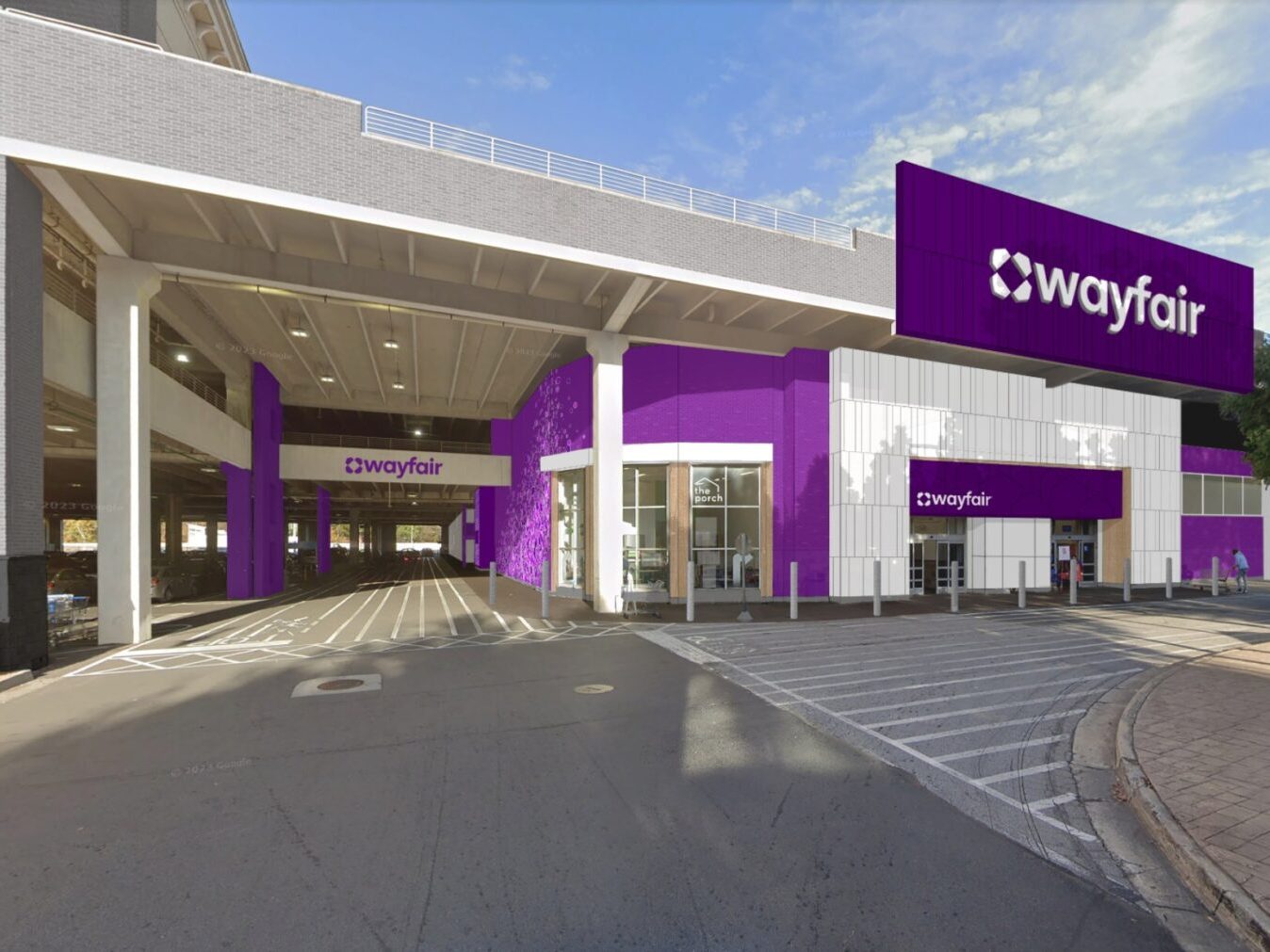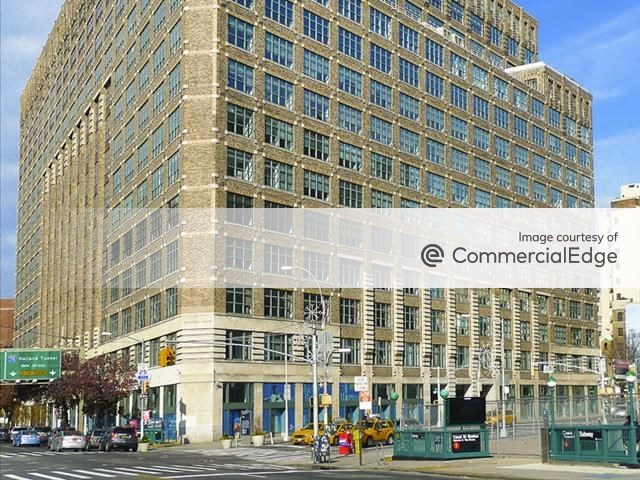Top 5 Mistakes to Avoid in a 1031 Exchange
By Camille Renshaw, CCIM, Senior Director, Stan Johnson Co.: To ensure a successful like-kind exchange with your net leased properties, avoid these five mistakes.
By Camille Renshaw, CCIM, Senior Director, Stan Johnson Co.
 1031 exchanges can be stressful. Section 1031 of the IRS code allows “like-kind” exchanges, which, in effect, allow exchangers to get an interest-free loan from the government by jumping through the appropriate hoops. However, the timing combined with the lack of good property on the market can make for harried, complex deals. That is why it is important to avoid these mistakes:
1031 exchanges can be stressful. Section 1031 of the IRS code allows “like-kind” exchanges, which, in effect, allow exchangers to get an interest-free loan from the government by jumping through the appropriate hoops. However, the timing combined with the lack of good property on the market can make for harried, complex deals. That is why it is important to avoid these mistakes:
1. Choosing the Wrong Advisor. Prior to relinquishing property, a potential exchanger should hire an experienced, national broker team to manage the exchange. The broker’s fees should be paid by the seller, therefore costing an exchanger nothing additional. Without the help of a national expert team, an exchanger will be at a disadvantage because they will not be able to see all available property. A broker that is dedicated to bird-dogging the market nationwide should at any time be able to present at least five properties that fit a narrow criteria, or 500 that are a broader match.
2. Choosing the Wrong Property. Well-thought-out acquisition criteria are key. It is important to determine the region, price, returns after cost and taxes, asset type, level of management, length of tenancy, escalations and other lease terms. A good advisor can help a buyer determine the acquisition criteria in advance, enabling better sourcing and earlier review. Net lease properties are often the easiest assets to review, buy and manage, but an expert broker in this sector can be a great ally.
3. Underestimating IRS Timing. This error is not obvious at first. A buyer must formally name a replacement property within 45 days and close on the asset within six months of relinquishing the prior property. In most cases, buyers name three replacement properties or 200 percent of what they expect to close. Many buyers initially believe they can look around for 44 days, then give their list to the IRS, leaving four-and-a-half months to negotiate and close a deal. However, if a buyer doesn’t have the desired property under contract by the end of the 45-day period, the seller suddenly has the power in the transaction. The buyer will derail their exchange if they don’t close on one of the named assets, enabling the seller to change terms at the last minute, if desired. Experienced exchangers never allow a seller to have that leverage.
4. Failing to Develop Good Systems. The right systems will ensure that most exchanges succeed. Communication between all family members in an exchange—the broker, team of researchers and analysts, attorneys and other closing advisors—can make or break a deal. Good systems for NDA and LOI execution, prioritization of deals, due diligence and questions are necessary. It is easy to confuse details, especially when considering multiple deals simultaneously and attempting to get them under contract quickly, with good terms. A broker who has the experience and systems to put a typical exchange on a “conveyor belt” is priceless and will keep everyone’s stress level low.
5. Negotiating the Wrong Terms. Market terms are always changing. Experienced buyers quickly determine the context within which a purchase can be made and construct a deal. Negotiating the wrong terms can ruin the deal. It’s important to answer the following questions: What is the typical due diligence period right now? How long until closing? Who pays what costs? What are the cap rates nationally and regionally for the top 50 credits most actively traded in the net lease sector?
While 1031 exchanges are complex, utilizing an experienced broker will normally cost nothing additional, remove stress and ensure a successful closing of even the most complicated trade. Avoid these classic mistakes by hiring a professional before engaging in your next tax-free exchange.







You must be logged in to post a comment.